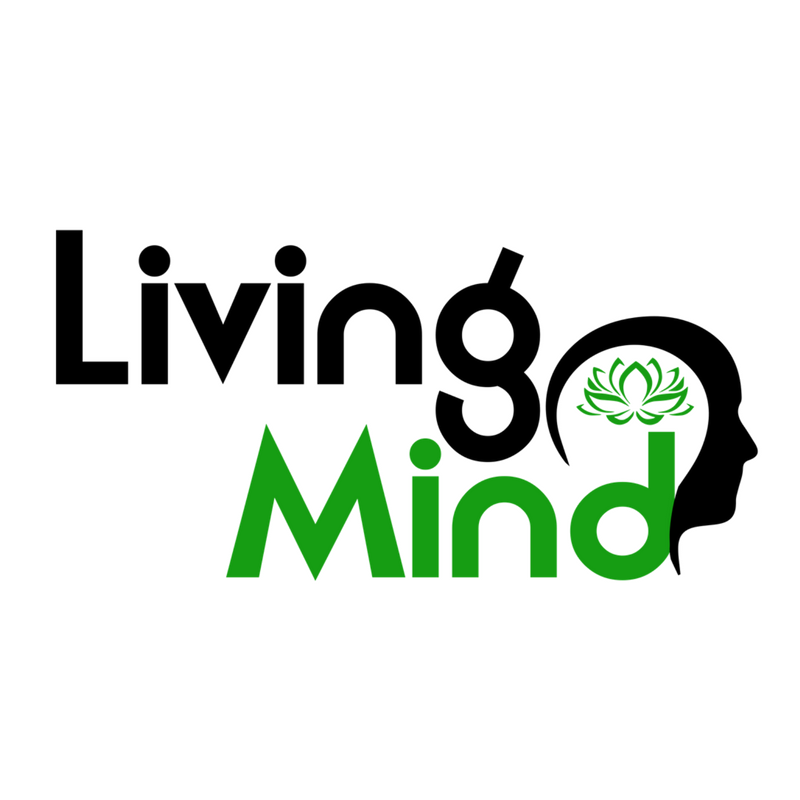Embracing AI and LLM in Psychiatry: A Positive Leap Forward
/As a Consultant Psychiatrist with a deep interest in cloud computing, machine learning (ML), and artificial intelligence (AI), I am intrigued with how these cutting-edge technologies are transforming the field of psychiatry. It's an exciting time for our profession, as we harness the power of AI and Large Language Models (LLM) to enhance patient care in truly remarkable ways.
1. Early Detection and Diagnosis: AI algorithms can analyse vast datasets, including patient interviews and medical records, to identify subtle patterns that might escape the human eye. This enables early detection and more accurate diagnoses, paving the way for timely interventions specially for disorders like First onset psychosis, Bipolar Affective disorder, Dementia of different types and many more.
2. Personalised Treatment Plans: Each individual's mental health journey is unique. AI can help create personalised treatment plans by considering a patient's genetic makeup, lifestyle, and responses to previous treatments. This tailored approach can improve treatment outcomes significantly. AI can also incorporate patients’ wishes in the care planning process.
3. Therapeutic Support: LLMs, like the one you're engaging with right now, have the potential to offer round-the-clock therapeutic support. They can provide information, resources, and even offer a non-judgmental space for individuals to express their thoughts and feelings.
4. Data-Driven Insights: Cloud computing allows us to securely store and analyse vast amounts of mental health data. By aggregating and anonymising this information, we gain valuable insights into population-level trends, which can inform public health policies and resource allocation.
5. Reducing Stigma: AI-powered mental health tools can help break down the stigma associated with seeking help. People may find it easier to confide in an AI interface initially, which can then facilitate referrals to human clinicians when necessary.
6. Continuous Monitoring: AI can provide continuous monitoring of patients' mental health, helping us detect early signs of relapse or crisis. This proactive approach can prevent hospitalisations and improve overall well-being.
7. Enhancing Clinician Capabilities: AI is not here to replace psychiatrists but to empower them. It can assist clinicians in making more informed decisions, reducing administrative burdens, and allowing us to spend more quality time with our patients.
As we embrace AI and LLM in psychiatry, let's remember that the core of our profession is the compassionate, humanistic care we provide. These technologies are tools to amplify our abilities, not replace our empathy and understanding. It's an exciting journey we're on, and I'm enthusiastic about the positive impact it will have on mental health care for years to come. #AIinPsychiatry #MentalHealthTech #HumanisticPsychiatry 🧠🤖🌟 By Dr Arghya Sarkhel, Consultant Psychiatrist, Living Mind, UK

